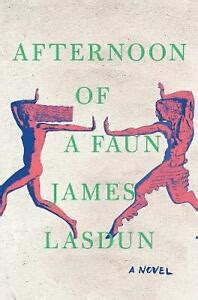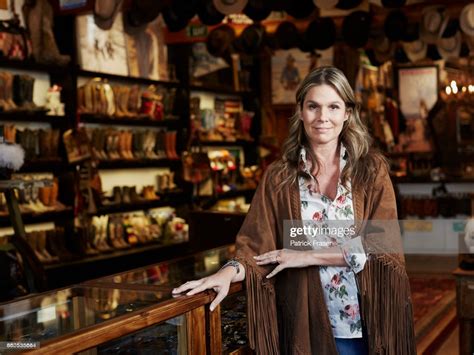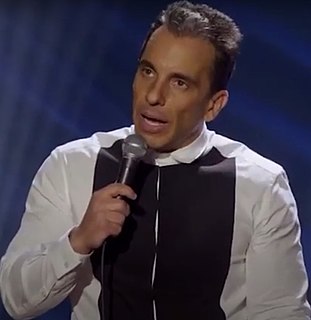A Quote by Hiro Murai
I'm an immigrant, and I think being an outsider in your home is something that I really relate to.
Related Quotes
America as a setting seems inexhaustibly fascinating to me, and I think there's something about the outsider viewpoint that works for me. Being of Jewish descent in England always carried a vague sense of being foreign, while not being a practicing Jew made it hard to think of myself as fully Jewish either. So living here in a way just clarifies that terminal outsider position - makes it somehow official, which I like.
Being a working mother is not easy, but I think it helps you choose what's important in your life. If I think about starting a new project - whether it be music, a movie or a fragrance - I always stop and think: Is this something I feel really passionate about? That way, if I'm not at home at least it's for something I really love, and my son can look up to that.
I was really inspired by my own experience, and specifically my own identity crisis but larger than that, I also wanted to explore the trend of reverse immigration, of the immigrant returning home after being in a host country or an adopted home for 20 years, and finding themselves at various levels of discord with the home culture. I wanted to explore people building lives across multiple geographies. I think that's, something that we're experiencing more and more as travel becomes easier, as people are traveling more for work. People can work from anywhere.
While I wouldn't wish being teased on anyone, I think it eventually leads to a kind of solidarity in adult life. The few people I know who weren't picked on in school are people I find I can't relate to on much more than a surface level. There's a sensitivity that comes with feeling like an outsider at some point in your life.
Race doesn't mean what it used to in America anymore. It just doesn't. Obama's black, but he's not black the way people used to define that. Is black your experience or the color of your skin? My experience is as a Mexican immigrant, more so than someone like George Lopez. He's from California. But he'll be treated as an immigrant. I am an outsider. My abuelita, my grandmother, didn't speak English. My whole family on my dad's side is in Mexico. I won't ever be called that or treated that way, but it was my experience.



































